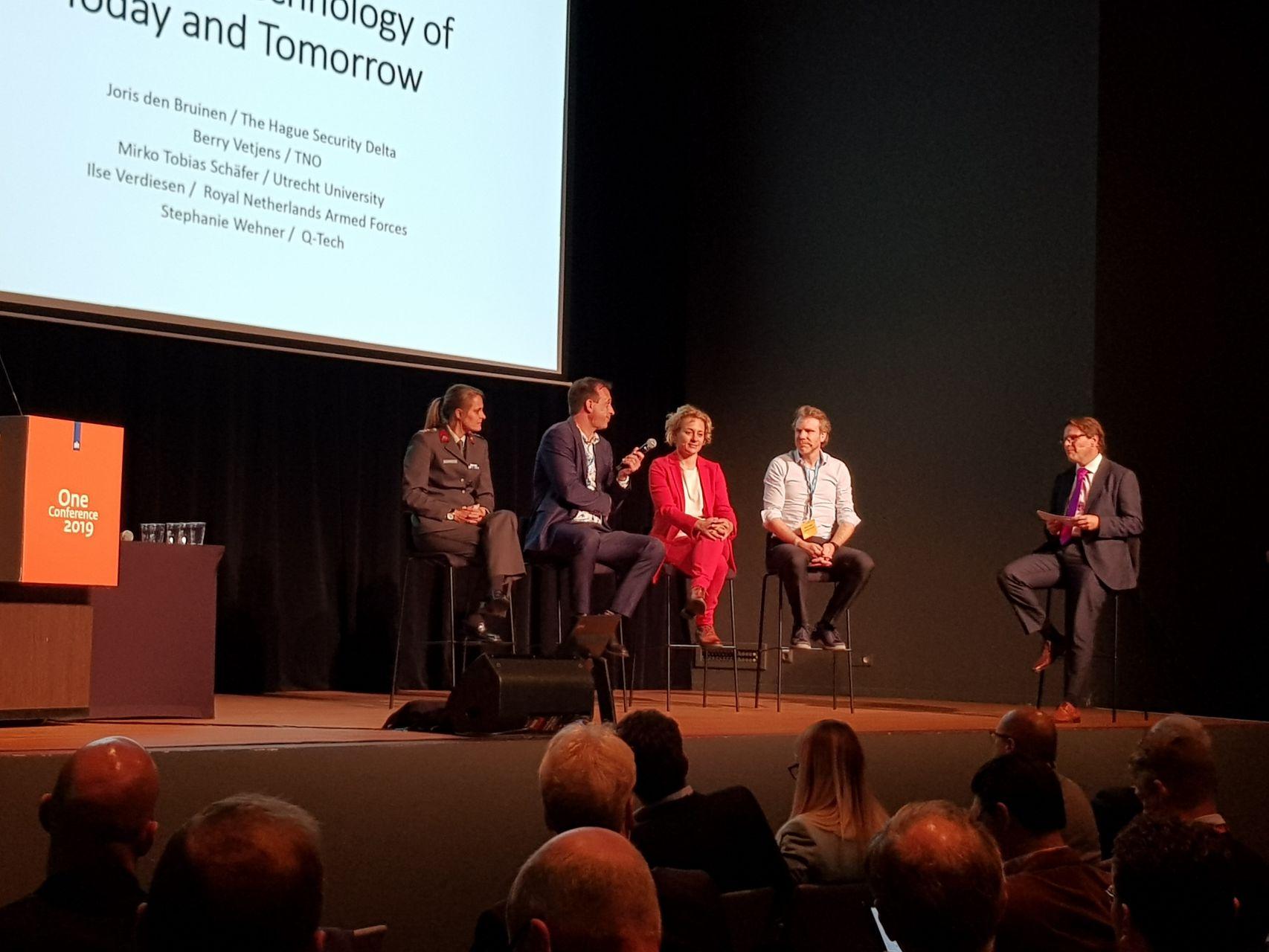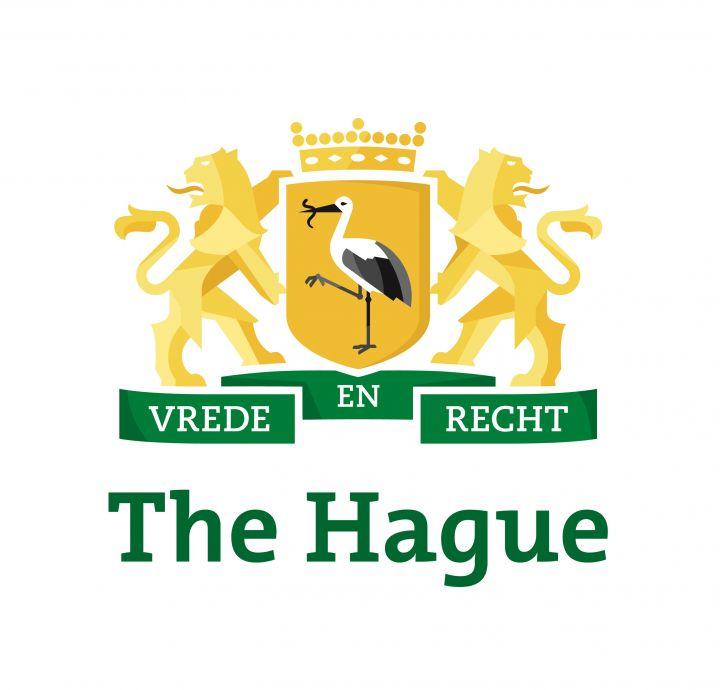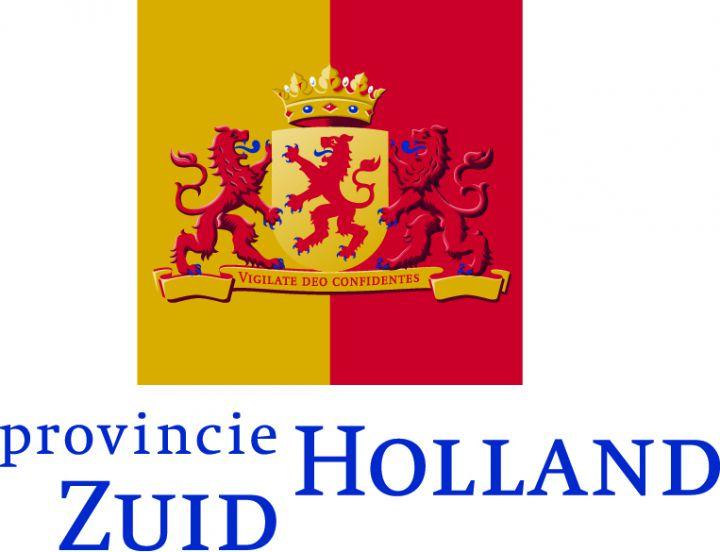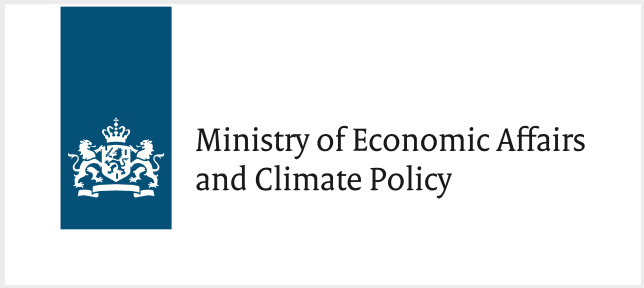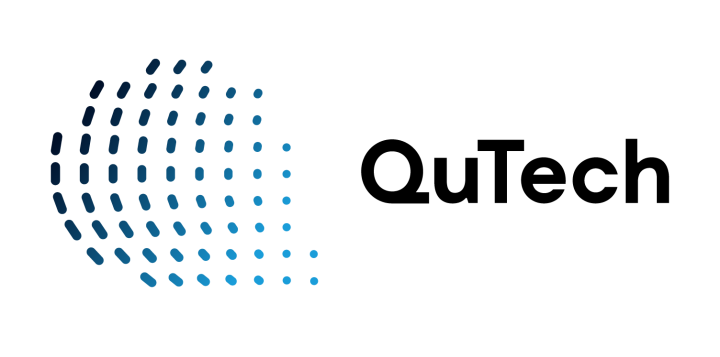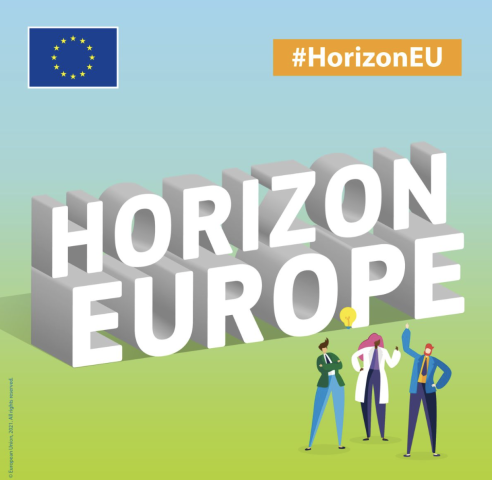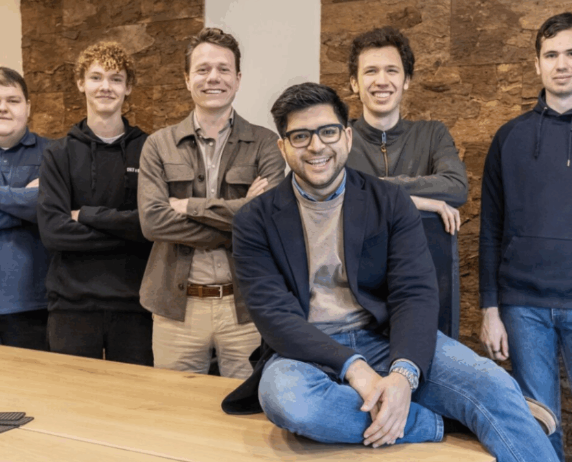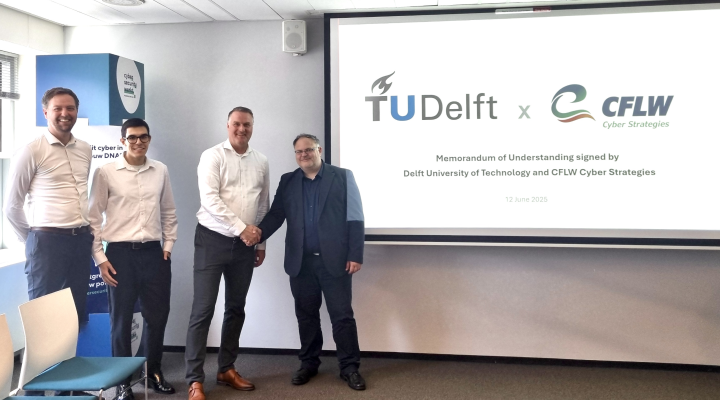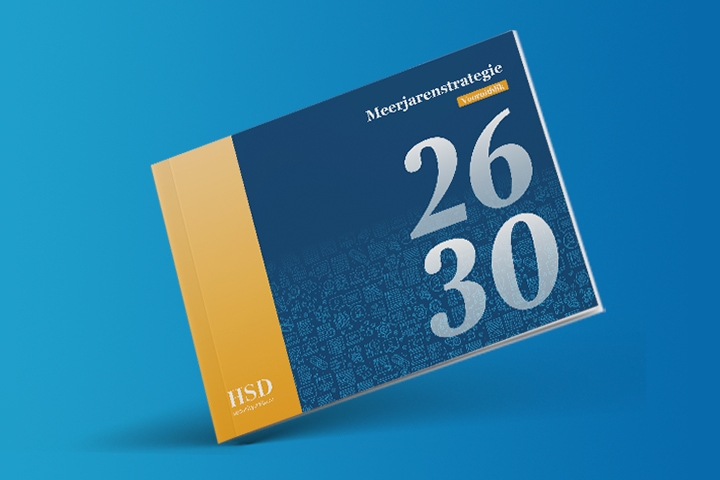Opportunities and Threats of New Technologies for Our Digital Economy
The Dutch coalition agreement announced that the Netherlands is going to invest in key technologies and innovations linked to social themes, such as Quantum Computing, Artificial Intelligence (AI) and Cyber Security. In this way, the Netherlands wants to stay one of the leading players in the field of Quantum and to keep playing a role the field of AI. Furthermore, concerning cyber security, Dutch organisations are developing the first affordable data diode, which can be launched on the (inter)national market. All aiming to solve societal challenges and creating new economic opportunities of the Netherlands in the future.
At the One Conference – which takes place from 1 to 3 October in The Hague and is organised by the Ministry of Economic Affairs and the National Cyber Security Centre (NCSC-NL) of the Ministry of Justice and Security – these subjects will also be discussed, during a paneldiscussion hosted by HSD. The relationship between these new technologies and our digital security and privacy will be discussed: What happens when encryption codes can be hacked by a Quantum Computer? How can we already anticipate on these risks and how can we use AI for the security of, for example, our water- and electricity supplies?
To map the risks and opportunities of new technologies in relation to cyber security, the Dutch security cluster HSD has launched three studies in collaboration with different partners, conducted by HCSS and TNO.
Joris den Bruinen, director of HSD: ‘This has resulted in a number of opportunities that we - together with businesses, governments and knowledge institutions - can and must seize in order to maintain the position of the Netherlands. The challenge here is to find a balance between what is technically possible, and what we find ethically and legally desirable. Therefore, involving end-users and society is important.’’
Automated Cyber Security
A number of the above-mentioned opportunities is being developed into concrete programmes within the Automated Cyber Security Consortium. This public private collaboration between TNO, several businesses, South-Holland Province and HSD Office is aimed at reliable data and continuity of ICT-networks and -systems across the different application areas. Noura El Ouajdi of TNO: ‘’Targeted and effective cyber security requires an integrated approach and cross-sectoral knowledge and experience. Additional research on the field of AI as well as the translation to practical solutions is of high importance to be able to act quick, effective and adequate in the event of a cyber security incident.
Quantum Internet
Another opportunity related to new technologies is making quantum internet available to businesses, in order for them to start innovation on the field of cyber security.
Professor Stephanie Wehner, QuTech: “A quantum internet works with quantum bits, so-called qubits. Qubits act according the rules of the quantum mechanics Qubits and cannot be copied without being disturbed. This makes a quantum internet very secure, but at the same time it is a problem for the communication over long distances, because it is impossible to fortify or repeat the signal".
In the spring of 2019, Dutch knowledge institutions and companies have clarified what needs to happen in order to realise their ambition with regard to quantum technology. This national agenda is the starting point and aims to set a driving force in motion. Wehner: "By investing in the development of quantum technology at an early stage, the Netherlands can acquire a strong international position".
Open Source Data Diode
The Netherlands excels when it comes to Data Diodes, which are sold abroad as well. It is a device (hardware & software) which allows data traffic in only one direction. In this way, data diodes can protect networks and systems against external cyber threats. Because data diodes are relatively costly, so far they have only been used for, for example, the protection of our critical infrastructures and highly-confidential files. In collaboration with HSD Office, the Ministry of Defence has looked into the possibility of developing an affordable open source Data Diode, in order for businesses and even people at home to make use of it too. For example, for securing their IoT systems and online connected gadgets. A ‘demonstrator’ of the open source data diode is currently being developed.
With these concrete programmes - stimulated, initiated and facilitated by HSD Office in cooperation with many organisations - we contribute to the implementation of the mission driven policy of the government and the knowledge & action agendas in the field of Quantum Computing and AI’’, says Joris Den Bruinen.

